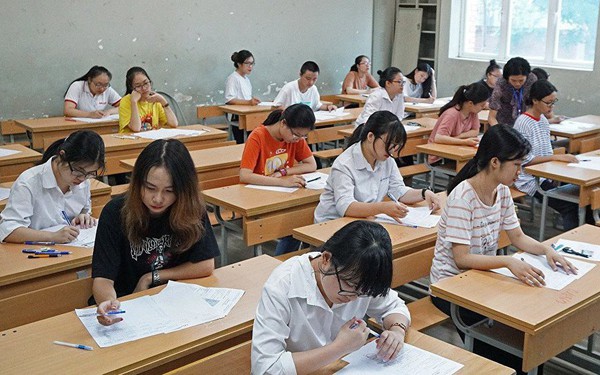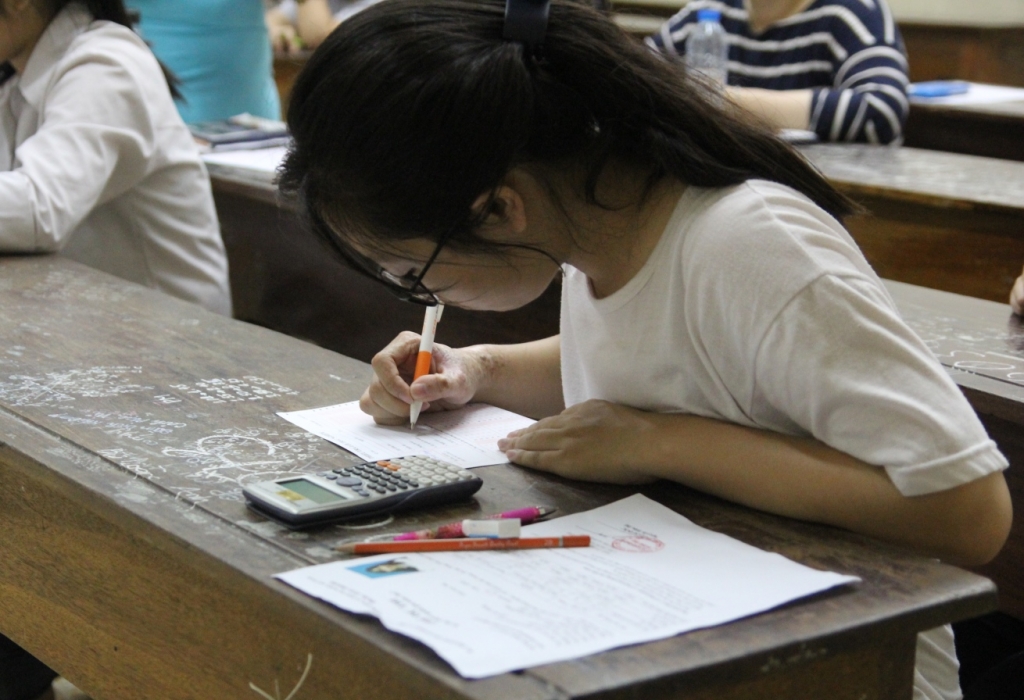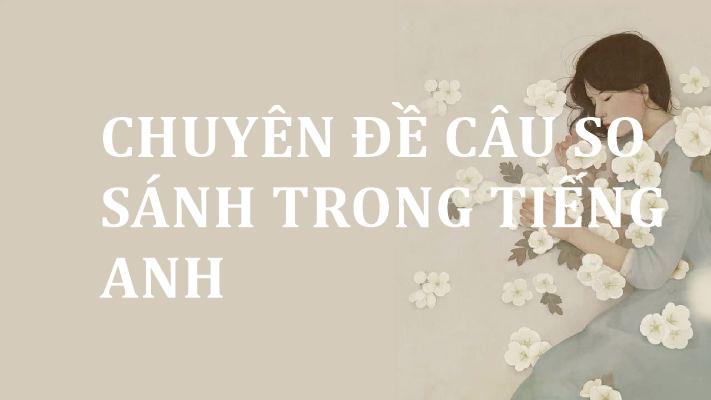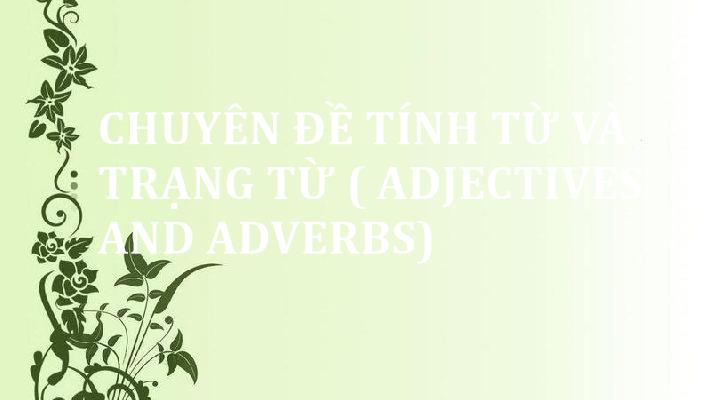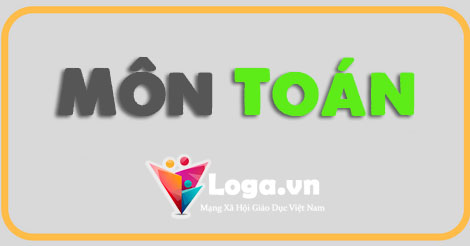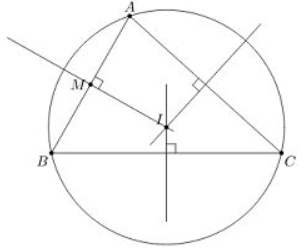PAST TENSES - CÁC THÌ QUÁ KHỨ
I. Past Simple - Quá khứ đơn.
1. Form.
|
(+) |
S + Ved + O. |
|
(–) |
S + didn’t + V + O. |
|
(?) |
Did + S + V + O ? |
§ Cách cấu tạo động từ ở thì quá khứ đơn.
· Đối với động từ bất quy tắc, ta dựa vào cột 2 của bảng động từ bất quy tắc.
· Với động từ thường, ta có những trường hợp sau:
– Đa số động từ thêm “ed”. (watched, brushed, missed, wanted, wished,...)
– Động từ có tận cùng là “e” chỉ việc thêm “d”. (smiled, typed, died, agreed, dyed ....)
– Động từ có tận cùng là “y”, trước “y” là 1 phụ âm, đổi “y” thành “i” và thêm “ed”. (tried, studied, ...)
– Động từ có tận cùng là 1 phụ âm (trừ “w”, “x”, “h”, “y”) ta nhân đôi phụ âm cuối rồi thêm “ed”.
Quy tắc này cũng áp dụng cho động từ 2 âm tiết, trọng âm rơi vào âm tiết thứ 2. (permitted, ...)
§ Cách phát âm đuôi “ed”.
– Những động từ có quy tắc tận cùng là âm /t/ và /d/ khi thêm “ed” ta đọc /id/.
+ devided /di’vaidid/, tended /tendid/, visited /’vizitid/, ....
– Những động từ có quy tắc tận cùng là âm /k/, /p/, /f/, /s/, /tʃ/, /ʃ/ khi thêm “ed” ta đọc /t/.
+ looked /lʊkt/, missed /mist/, .....
– Ngoài 2 trường hợp trên, các động từ có quy tắc còn lại khi thêm “ed” ta đọc /d/.
+ played /pleid/, runned /rʌnd/, begged /begd/, ....
2. Uses.
a. Diễn tả hành động đã xảy ra và chấm dứt ở 1 thời điểm trong quá khứ.
– Thường kết hợp với các trạng từ: yesterday, last night/ week/ month..../ Monday..., 1/ 2... years ago,
in + 1 năm trong quá khứ, ...
– Ngoài ra các trạngt từ như: today, this morning, this afternoon,.... cũng có thể dùng với quá khứ đơn nếu chúng nói về thời gian đã qua.
Ví dụ: I had 2 tests yesterday morning.
Last year, we went to Bali for the summer vacation.
This morning I met a lot of trouble. That was terrible.
We got married in 2005.
b. Diễn tả 1 hành động theo thói quen trong quá khứ, hiện tại không còn với “used to” và “would”.
Ví dụ: He used to walk along the river bank after school, now he doesn’t.
When he was young, his father would take him to the zoo every Sunday morning.
c. Diễn tả 1 chuỗi các hành động xảy ra liền kề nhau trong quá khứ.
Ví dụ: He went home, took off his dirty boots, put his raincoat away, kiss his mom and took a shower.
d. Dùng trong câu gián tiếp để tường thuật lại lời người khác nói.
Ví dụ: He said that he was feeling very bad.
II. Past Continuous - Thì quá khứ tiếp diễn.
1. Form.
|
(+) |
S + was/ were + V_ing + O. |
|
(–) |
S + wasn’t/ weren’t + V_ing + O. |
|
(?) |
Was/ Were + S + V_ing + O ? |
2. Uses.
a. Diễn tả 1 hành động đang xảy ra tại 1 thời điểm xác định trong quá khứ.
Ví dụ: At this time yesterday, I was washing my car.
At 8 p.m last night, they were doing their housework.
b. Diễn tả 1 hành động đang xảy ra trong quá khứ thì 1 hành động khác chen vào.
Ví dụ: The phone rang while I was cooking in the kitchen.
When she came, her friends were having dinner.
c. Diễn tả 2 hay nhiều hành động diễn ra song song và kéo dài trong quá khứ.
Ví dụ: Yesterday, I was watering the flowers in the garden while my mom was cooking in the kitchen.
d. Diễn tả hành động đã xảy ra và kéo dài trong quá khứ.
Ví dụ: Last Sunday, my dad was working in the garage all the afternoon.
e. Diễn tả hành động lặp đi lặp lại trong quá khứ gây khó chịu, sử dụng với “always”, “constantly”.
Ví dụ: She was always going home late.
III. Past Perfect - Thì quá khứ hoàn thành.
1. Form.
|
(+) |
S + had + VPII + O. |
|
(–) |
S + hadn’t + VPII + O. |
|
(?) |
Had + S + VPII + O ? |
2. Uses.
a. Diễn tả 1 hành động xảy ra trước hành động khác trong quá khứ.
Ví dụ: We had lived in London before we moved to New York.
He had met his dad when he talked to me.
It was the most beautiful picture I had ever seen.
b. Diễn tả 1 hành động xảy ra trước 1 thời điểm trong quá khứ.
Ví dụ: I had attended HUST before 2005.
She had finished her homework before 11 p.m last night.
IV. Past Perfect Continuous - Thì quá khứ hoàn thành tiếp diễn.
1.Form.
|
(+) |
S + had + been V_ing + O. |
|
(–) |
S + hadn’t + been V_ing + O. |
|
(?) |
Had + S +been V_ing + O ? |
2. Uses.
– Diễn tả 1 hành động bắt đầu trước 1 thời điểm (hoặc 1 hành động) trong quá khứ và tiếp tục xảy ra đến thời điểm đó hoặc chấm dứt ngay tại thời điểm đó (nhấn mạnh tính liên tục, kéo dài của hành động). Thường khỏng thời gian kéo dài được nêu rõ trong câu.
Ví dụ: The girl had been crying about 15 minutes before her mom came.
It had been snowing all night long when I woke up yesterday morning.
EXERCISES
A Circle the correct word or phrase.
|
1 |
I saw / was seeing Maria for the first time at ray’s birthday party. |
|
2 |
Richard watched / was watching TV when the phone rang. |
|
3 |
When we were on holiday, we went / were going to the café almost every day. |
|
4 |
Denise practiced / was practicing the song every day until she could sing it perfectly. |
|
5 |
The phone was engaged when I called. Who did you talk / were you talking to? |
|
6 |
Mr. Connors owned / was owning two houses and a villa in the south of France. |
|
7 |
I did / was doing my homework as soon as I got home from school. |
|
8 |
A car came round the corner and I jumped / was jumping out of the way. |
|
9 |
When my dad met my mom, he work / was working as a bus driver. |
|
10 |
I got / was getting up at six o’clock every morning last week. |
|
11 |
My cousin and I played / were playing on the computer when the was a power cut. |
|
12 |
No, that’s not right. I did pass / was passing the test. I got a B. |
B Complete using the correct form of the verb in brackets.
|
1 |
Where .............................................. (you / go) when I saw you on the bus last night? |
|
2 |
.............................................. (you / enjoy) the film? |
|
3 |
When we shared a room, Joe ........................................................... (always / take) my things. It was so annoying! |
|
4 |
When I went to get the tickets, I realized .............................................. (not / have) money. |
|
5 |
When I was young, we .............................................. (go) to France every year on holidays. |
|
6 |
Elvis .............................................. (become) famous for the son Blue Suede Shoes. |
|
7 |
When you rang last night, I .............................................. (work) in the garden so I didn’t hear the phone. |
|
8 |
I .............................................. (hear) from Davina last night. She says hello. |
|
9 |
The old man .............................................. (appear) to be very tired and he slowly sat down. |
|
10 |
We .............................................. (throw) a surprise party for my brother last Saturday. |
C Circle the correct word or phrase.
Dear Lisa,
Thanks for your letter. I (1) just left / had just left for school when I saw the postman and he
(2) gave / had given it to me. It was really funny! I (3) read / had read it during maths and it
(4) made / had made me laugh. I almost (5) got / had got in trouble.
Anyway, I’m excited because I (6) had / had had my first judo lesson yesterday. I (7) was / had been late for the lesson because when I (8) got / had got there, I suddenly realized I (9) left / had left my judo suit at home! So I (10) went / had gone all the way home and when I (11) got / had got back, the lesson (12) already began / had already begun.
The instructor was really nice, though, and I (13) learned / had learned how to do some basic throws. Can’t wait till the next time.
What about you and your taekwondo? The last time I (14) spoke / had spoken to you, you
(15) talked / had talked about giving it up. What (16) did you decide / had you decide?
I think that’s all for now. My mom and I are going shopping shortly, so I’d better post this.
Speak to you soon.
Love,
Charlotte
D Complete using the past perfect or past perfect continuous of the verbs tin the box. You may need to use a negative form.
|
eat · stay · wait · know · write · see · listen · get · have · run |
|
1 |
By the time he died, Beethoven ................................................... nine symphonies. |
|
2 |
We chose the Hotel Rico because we ................................................... there before. |
|
3 |
We ................................................... for over a hour when the train finally arrived. |
|
4 |
I was completely out of breath because I ............................................................ . |
|
5 |
I ....................................................... the film before, so I knew how it ended. |
|
6 |
When he got married, I ................................................... Chris for about two years. |
|
7 |
Johnson ................................................... ready for the race for six months and finally the big moment came. |
|
8 |
Vivian ................................................... computer lessons for very long so she wasn’t sure how to use the Internet. |
|
9 |
Holly ................................................... oysters before, so she wasn’t sure what to do with them. |
|
10 |
I ................................................... to my new CD for a few minutes when the CD player started making a funny noise. |
E Choose the correct answer.
|
1 |
My brother and I .................... swimming almost every day last summer. |
6 |
I wasn’t sure how Belinda would react because I ..................... her long. |
||
|
|
A |
went |
|
A |
didn’t know |
|
|
B |
had been going |
|
B |
wasn’t knowing |
|
|
C |
were going |
|
C |
hadn’t been knowing |
|
|
D |
had gone |
|
D |
hadn’t known |
|
2 |
We ..................... when someone knocked at the door. |
7 |
Ian ..................... at the factory long when he was made a manager. |
||
|
|
A |
talked |
|
A |
hadn’t been working |
|
|
B |
had talked |
|
B |
wasn’t working |
|
|
C |
were talking |
|
C |
didn’t work |
|
|
D |
were talked |
|
D |
wasn’t worked |
|
3 |
When the robbery happened, the security guard .................... ! |
8 |
I wanted to say goodbye to Jane, but she .............. . |
||
|
|
A |
slept |
|
A |
was already left |
|
|
B |
was sleeping |
|
B |
already left |
|
|
C |
had slept |
|
C |
had already been leaving |
|
|
D |
was slept |
|
D |
had already left |
|
4 |
Jack .................. chess before so I showed him what to do |
9 |
When we got to the airport, I realized I ............. my passport at home. |
||
|
|
A |
hadn’t been playing |
|
A |
was left |
|
|
B |
didn’t play |
|
B |
had left |
|
|
C |
wasn’t playing |
|
C |
left |
|
|
D |
hadn’t played |
|
D |
had been leaving |
|
5 |
The car ................................... at full speed when it approached the corner. |
10 |
He ...................................... on his English study all yesterday evening. |
||
|
|
A |
travelled |
|
A |
was working |
|
|
B |
was travelling |
|
B |
worked |
|
|
C |
had travelled |
|
C |
used to work |
|
|
D |
had been travelling |
|
D |
had worked |
F Circle the incorrect words or phrase and rewrite them correctly.
|
1 |
I had paint on my shoes because I’d painted my bedroom all morning. ..................................................................... |
|
2 |
I missed the start of the film because I buy popcorn. ..................................................................... |
|
3 |
It was obvious that Bill has worked because he was very tired when I saw him. ..................................................................... |
|
4 |
We had been tidying the garden for hours and I was needing a rest. ..................................................................... |
|
5 |
When the bus was arriving, we missed it because we were talking. ..................................................................... |
|
6 |
During the Christmas holiday, I was eating too much and watching too much TV. ..................................................................... |
|
7 |
Julian was learning all about computer games by the time he was six. ..................................................................... |
|
8 |
My grandfather was owning a hotel by the beach until he sold it last year. ..................................................................... |
G Complete using the correct form of the verb in brackets.
|
1 |
When I ..................................... (arrive) at his house, he ......................................................... (still / sleep). |
|
2 |
She ................................................. (water) the flowers in her garden while her next door neighbor ................................................... (chat) with her over the fence. |
|
3 |
As we ............................................... (cross) the street, we .............................................. (see) an accident. |
|
4 |
The bell ................................................. (ring) while Tom .................................................. (have) a bath. |
|
5 |
The children .................................................... (play) football when their mom .......................................... (come) back. |
|
6 |
Who .............................. (be) that man that you .................................. (talk) to? I ............................... (see) at the gate when I ...................................... (come) in. |
|
7 |
We .................................................... (wait) for the bus when he .......................................... (pass) by in his car and .................................................. (offer) us a lift. |
|
8 |
I ......................................... (be) very tired because I ............................................. (work) all day yesterday. |
H Complete using the correct form of the verb in brackets.
|
1 |
He .................................. (forget) what I ...................................... (tell) him. I ........................................... (remind) him many times but he didn’t bring what I wanted. |
|
2 |
He ....................................... (ask) me whether I .............................................. (see) his pen on the table. |
|
3 |
After he ......................................... (work) for 3 hours, he ............................................. (feel) exhausted. |
|
4 |
Yesterday, we went to Mark’s new house, it .................................... (be) much smaller than we ...................................... (think). |
|
5 |
The cyclist .............................................. (look) cautiously before he crossed the main stress. |
|
6 |
The men were very strong and healthy. Although they ................................................... (walk) for more than two hours, they didn’t need a rest. |
|
7 |
The student said there ..................................... (be) a few points in the essay he ................................................. (find) impossible to comprehend. |
|
8 |
They felt extremely tired at the end of the journey. We ........................................ (travel) all day long. |
ANSWER KEY
|
A
B
C
D
|
E
F
G
|
H
|

